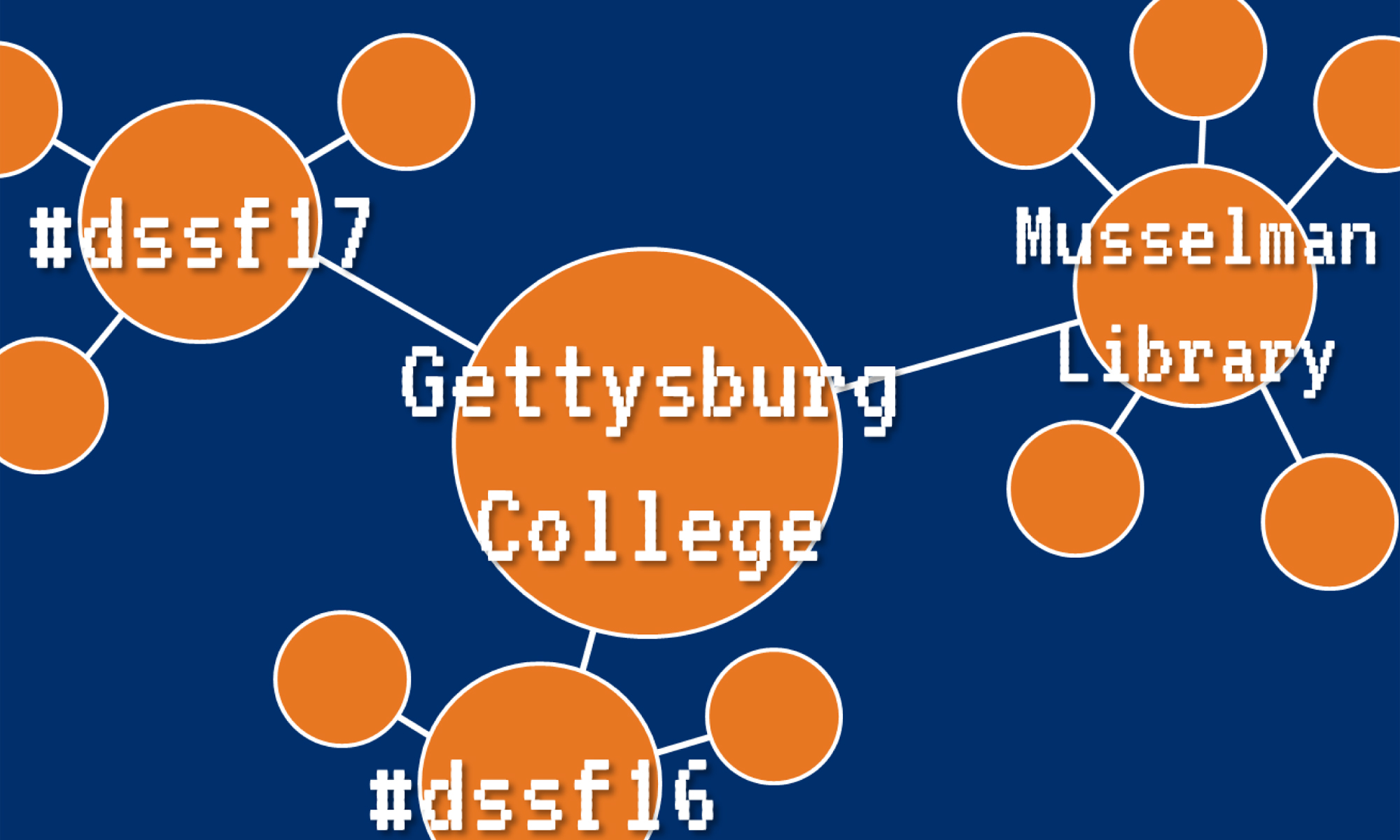The Important Questions
There is a question has been circulating the DSSF group and our counterparts at Muhlenberg for some time- can we define a hot dog as a sandwich? It does seem like a silly internet joke at first glance, and in some ways it is. However, I have been thinking about the question in regards to DH and how easily we may dismiss some scholarship simply because it doesn’t seem like DH.
In DH, it is often easier to define what isn’t DH than what is. Even then, answers vary. Is archiving and creating metadata not DH because it serves a different purpose? Or do they qualify because they require in depth scholarship and careful consideration of end users on digital platforms? There are many more questions of this nature in DH, all asking if something really has the right to be considered truly Digital Humanities.
I am of the mindset that we should include more in DH, not less. Like a hot dog, some forms of DH are not what immediately springs to mind when we talk of “Digital Humanities,” but like hot dogs, they share enough characteristics that excluding them would be ludicrous. DH comes in many forms, with all types falling under the larger umbrella of the term. It includes new scholarship that fits no where else but in DH. Including these “unconventional” forms of DH diversifies the whole, which is something that DH should strive for and pride itself on. Definitions do not have to be prohibitive.
Emma Lewis
A Critique of Critiques of a Critique: The Conflict of Defining DH
The readings of the past few weeks have been thought provoking, to say the least. The focus of last week was “Neoliberal Tools (and Archives): A Political History of Digital Humanities” by Daniel Allington, Sarah Brouillette, David Golumbia. It was a criticism of the apparent pointlessness of DH as it is being practiced. While there are certainly problems with DH, it is not simply humanities using digital to seem relevant. However, since I have not experienced other DH programs, I was wary about speaking for all of Digital Humanities. Since reading more this week, I have found that more people do share my reaction to the original writing. Matthew Kirschenbaum’s “Am I a Digital Humanist? Confessions of a Neoliberal Tool” and Roopika Risam’s “Digital Humanities in Other Contexts” are just a few examples of other perspectives on the point of Digital Humanities.
Now, I cannot speak for all DH programs. The authors’ insistence that DH “is not about, despite its explicit claims, is the use of digital or quantitative methodologies to answer research questions in the humanities.” That comment excludes many DH programs, including my own. Roopika Risam’s critique of this critique pointed out some of my own problems in far more eloquent arguments than I could articulate after my first reading and blog post. Risam makes a point that I have to agree with. “I’m struck,” she says, “by the many other contexts for digital humanities that are noticeably absent from narratives deriding the digital humanities. What of the work of digital history, digital rhetoric, new media, and more? Whither digital humanities in India, Poland, or Nigeria? Can digital humanities be done without $1.5M grants?”
The short answer is yes, but when put against the criticism of last week, other forms of DH seem excluded. Matthew Kirschenbaum’s piece deals with this idea a little more directly. The title begs the question of whether or not he is a Digital Humanist. “On the face of it the question is absurd,” he answers, “of course I’m a digital humanist.” He continues, later in his post, that “the question feels less and less relevant, to be honest.” DH can be defined in so many ways, with different names and titles for jobs that may functionally do the same thing. DH cannot be defined for all definitively.
I was asked to answer two questions this week. The first asked why I thought Digital Humanities provokes such strong reactions from both its practitioners and detractors, the second asked if DH should just be considered humanities. Truthfully, I think both questions have to do with this idea of defining DH for all. DH provokes strong reactions because it is different for everyone, and can be defined personally in ways that go against the common trends of the field. As for the matter of the digital in DH, I see it as a separate thing- for now. DH is not fully defined, and to try and put it in a definitive place now would further alienate forms of the practice which could prove to be great scholarship.
In my experience, DH is not the same between institutions, nor should it be. Honestly, I am more likely to side with Kirschenbaum on this point. “I came to the realization,” he writes, “that I’d much rather use my days to work on the things I love than the things I hate. And that, let me confess, has nothing to do with being a digital humanist. It has everything to do with being me.” I have a project to workshop and finish, and I need to focus my energies on that. My official title is not of consequence in the production of digital scholarship.
Emma Lewis
